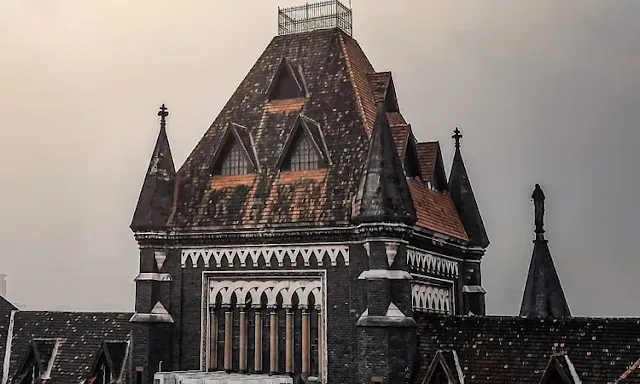The Bombay High Court has reconstituted a full bench to hear petitions challenging the constitutional validity of the Maharashtra State Reservation for Socially and Educationally Backward Classes (SEBC) Act, 2024. This Act provides a 10% reservation to the Maratha community in education and public employment. The new bench is headed by Justice Ravindra Ghuge, with Justices Nizamoodin Jamadar and Sandeep Marne as members. This reconstitution follows the transfer of the previous Chief Justice, Devendra Kumar Upadhyaya, to the Delhi High Court, which had left the matter pending despite arguments concluding in April 2024.
The SEBC Act, 2024, was enacted by the Maharashtra government on February 20, 2024, and notified on February 26, 2024. It was based on a report by the Maharashtra State Backward Class Commission (MSBCC) led by Justice (Retd.) Sunil B. Shukre. The report cited "exceptional circumstances and extraordinary situations" to justify exceeding the 50% reservation cap established by the Supreme Court in the Indra Sawhney case. The Commission's findings included an alarming rise in girl child marriages and a decline in Maratha representation in government services.
Petitioners have challenged the SEBC Act on several grounds. They argue that the Act breaches the 50% reservation ceiling set by the Supreme Court and that the state lacks the legislative competence to enact such a law without a constitutional amendment. Additionally, they contend that the Maratha community does not qualify as socially and educationally backward, and that the Act infringes upon the rights of the general category.
Previously, the Bombay High Court had upheld the validity of the SEBC Act, 2018, which provided a 16% reservation to the Maratha community. However, the Supreme Court later struck down this law, declaring it unconstitutional for exceeding the 50% reservation limit and for lacking exceptional circumstances.
The Supreme Court has directed the Bombay High Court to expedite the hearing of the current petitions, emphasizing the urgency due to the approaching academic session. The apex court refrained from commenting on the merits of the reservation but stressed the need for timely adjudication to prevent potential harm to meritorious students.
The outcome of this case will have significant implications for reservation policies in India, particularly concerning the balance between affirmative action and the constitutional mandate of equality. It will also address the criteria for classifying communities as backward and the permissible limits of state intervention in reservation matters.










0 Comments
Thank you for your response. It will help us to improve in the future.